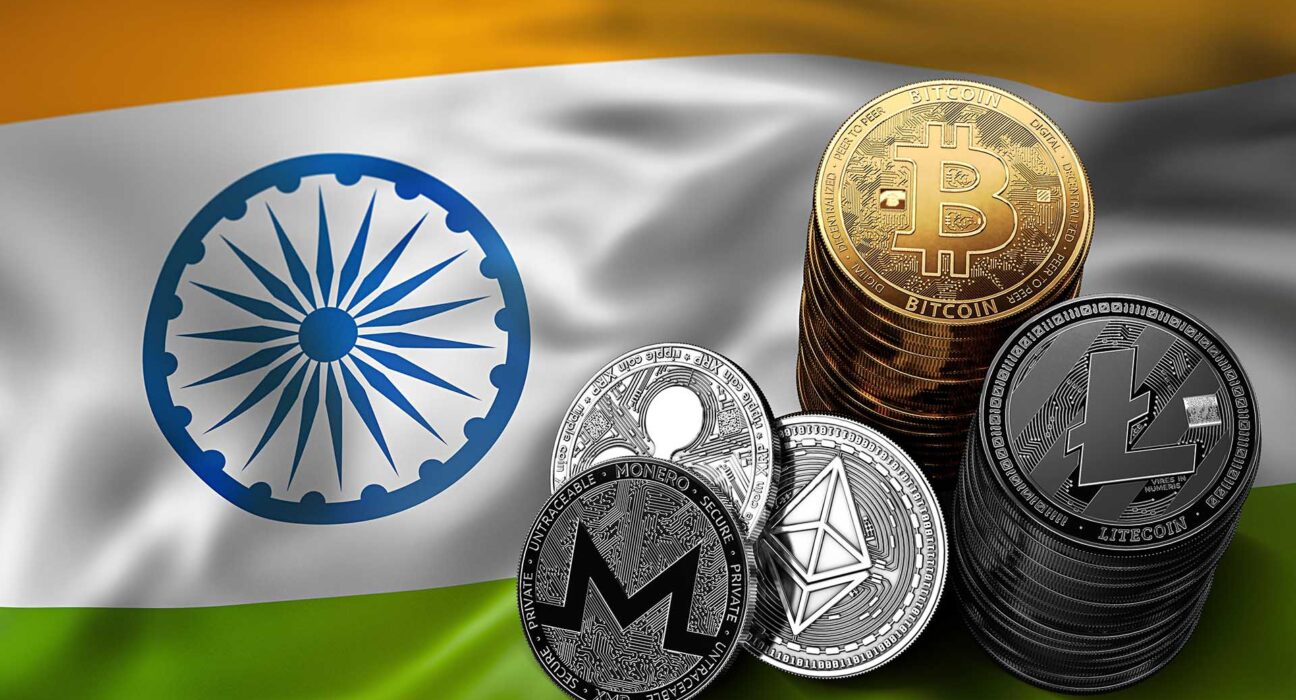The cryptocurrency market in India is experiencing a remarkable resurgence following the Supreme Court’s March 2020 decision to overturn the Reserve Bank of India’s (RBI) ban on cryptocurrency payments. With one of the largest populations globally, India is rapidly becoming a key player in the crypto space, attracting significant investor interest and trading volumes.
From increased demand for Bitcoin to the rise of peer-to-peer exchanges, India’s cryptocurrency landscape is evolving rapidly, mirroring trends from the 2016 demonetization.
Supreme Court Ruling: A Turning Point for Crypto in India
The RBI had imposed a ban on cryptocurrency payments in 2018, citing risks to financial stability. However, the Supreme Court’s decision to lift the ban in 2020 reignited interest in digital currencies across the country.
Impact of the Ruling:
- Investor Surge: Indian investors flocked to cryptocurrencies, leading to exponential growth in trading volumes.
- Startup Ecosystem: Crypto-related businesses and tech startups regained confidence to innovate and expand.
- Global Recognition: India emerged as a top-five fastest-growing cryptocurrency market globally.
Comparison to 2016 Demonetization
According to Siddhartha Dutta, CEO of Bangalore-based tech startup Marlin, the spike in cryptocurrency demand mirrors the Indian public’s reaction to the 2016 demonetization.
Key Parallels:
- Black Money Concerns: Demonetization targeted unaccounted wealth, pushing individuals toward alternative assets like Bitcoin.
- Economic Shifts: The introduction of new Rs. 2000 notes created financial disruption, increasing interest in decentralized currencies.
Cryptocurrencies now offer a hedge against economic uncertainty and inflation, much like they did during demonetization.
Rise of Peer-to-Peer Exchanges in India
Peer-to-peer (P2P) exchanges such as Paxful and LocalBitcoins have played a pivotal role in driving India’s cryptocurrency growth.
Paxful’s Growth in India:
- Trading volumes surged from $576,000 in May 2019 to $8.97 million in July 2020.
- Combined volumes on Paxful and LocalBitcoins reached $13.7 million, showcasing India’s rapid adoption of P2P platforms.
Why P2P Exchanges Thrive in India:
- Ease of Access: P2P platforms enable direct transactions between users without the need for centralized intermediaries.
- Adaptability: These platforms offer solutions for navigating banking restrictions and regulatory uncertainty.
Factors Driving Cryptocurrency Growth in India
1. Regulatory Clarity
The Supreme Court’s decision has encouraged a more open dialogue about cryptocurrencies, reducing regulatory fear among investors and businesses.
2. Financial Inclusion
Cryptocurrencies provide access to financial systems for unbanked populations, aligning with India’s broader push for digital inclusion.
3. Technological Awareness
India’s tech-savvy population and growing awareness of blockchain technology have contributed to the widespread adoption of cryptocurrencies.
4. Global Economic Trends
Amid global economic instability, Indian investors view Bitcoin and other cryptocurrencies as a hedge against inflation and currency devaluation.
Challenges in India’s Crypto Landscape
Despite the surge in interest, the Indian cryptocurrency market faces several challenges:
1. Regulatory Uncertainty
The absence of clear government policies on cryptocurrencies creates a gray area for investors and businesses.
2. Banking Support
Some financial institutions remain cautious about facilitating crypto transactions, limiting access to banking services for exchanges.
3. Public Awareness
While adoption is growing, a significant portion of the population still lacks knowledge about cryptocurrencies and their benefits.
India’s Potential as a Crypto Hub
With its large population and rapidly growing economy, India has immense potential to become a global leader in cryptocurrency adoption:
Opportunities:
- Startup Ecosystem: A vibrant tech startup culture can drive innovation in blockchain and crypto solutions.
- Remittance Market: Cryptocurrencies can streamline cross-border transactions, reducing costs for India’s significant remittance market.
- Youth Demographic: A young, tech-savvy population is more likely to adopt digital currencies.
What’s Needed for Growth:
- Clear Regulations: Establishing comprehensive guidelines to foster trust and stability in the crypto ecosystem.
- Banking Integration: Encouraging banks to support crypto-related transactions.
- Education Campaigns: Raising awareness about cryptocurrency benefits and risks.
The Road Ahead for Cryptocurrency in India
As India’s cryptocurrency market continues to evolve, its future will largely depend on the government’s stance on regulation and the private sector’s ability to innovate.
Predicted Trends:
- Institutional Investment: Indian businesses may follow global trends by integrating crypto into their financial strategies.
- Blockchain Adoption: Beyond currencies, blockchain technology could revolutionize sectors like healthcare, supply chain, and finance.
- Increased Trading Volumes: With rising investor confidence, India is likely to see sustained growth in cryptocurrency trading.
Conclusion
The Supreme Court’s reversal of the RBI ban has ushered in a new era for cryptocurrency in India, with trading volumes surging and investor interest reaching unprecedented levels. While challenges like regulatory uncertainty remain, India’s tech-savvy population and vibrant startup ecosystem position it as a potential global leader in the crypto space.
As peer-to-peer exchanges like Paxful and LocalBitcoins continue to gain traction, India’s cryptocurrency market is set for dynamic growth, offering new opportunities for financial inclusion and innovation.
To learn more about the innovative startups shaping the future of the crypto industry, explore our article on latest news, where we delve into the most promising ventures and their potential to disrupt traditional industries.
Disclaimer: The information provided is not trading advice, Bitcoinworld.co.in holds no liability for any investments made based on the information provided on this page. We strongly recommend independent research and/or consultation with a qualified professional before making any investment decisions.




